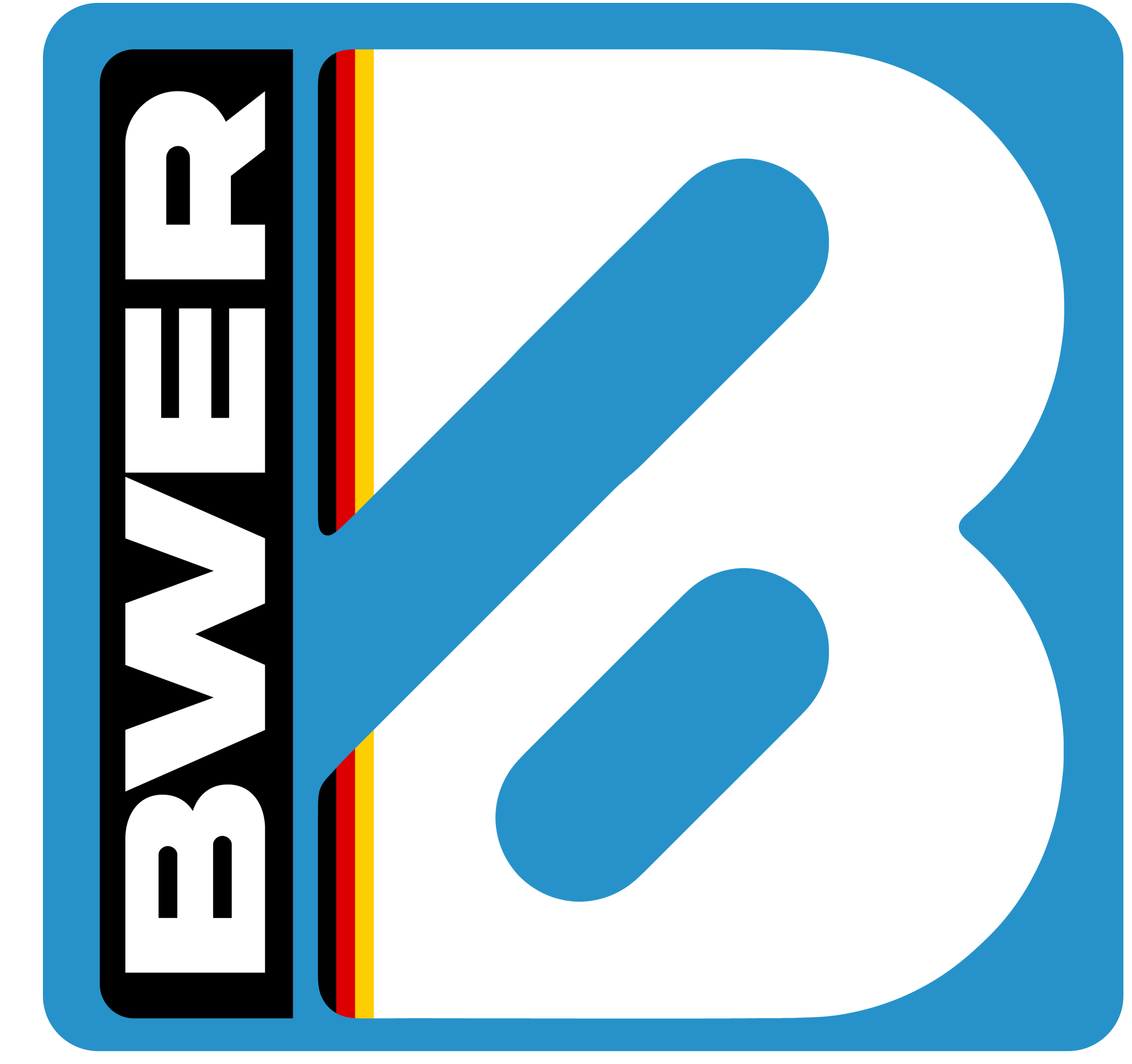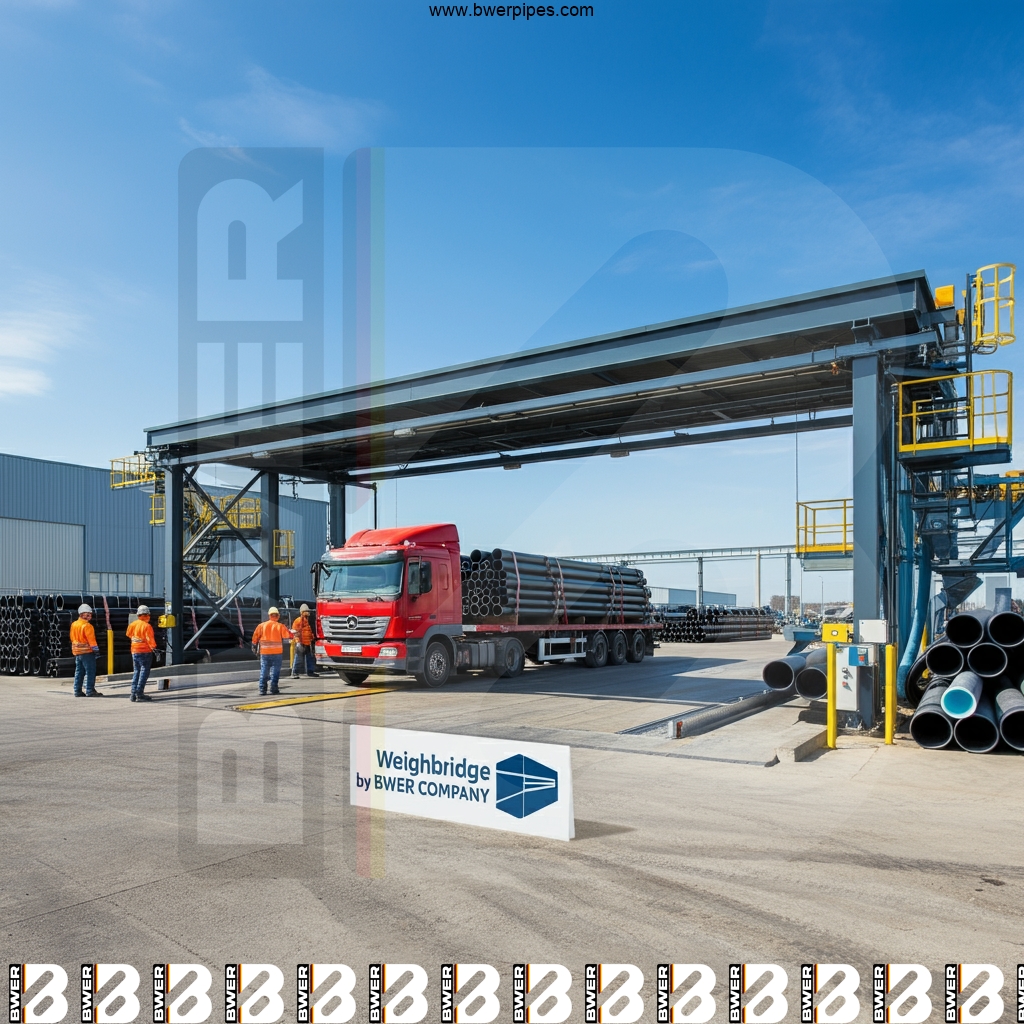In the rapidly evolving infrastructure landscape of Iraq, implementing sustainable and accurate weighing solutions is more critical than ever before. The concept of "Weighbridge Future-Proof Iraq" embodies a commitment to developing robust, efficient systems that can support the nation’s burgeoning trade and industrial sectors. As economic activities intensify, the importance of investing in reliable Weighbridge technology cannot be overstated. This article explores the essential aspects of Weighbridge technology in Iraq, offering insights into how these systems can be optimized to support long-term growth and stability.
Understanding the Role of Weighbridges in Iraq
Weighbridges serve a pivotal role in a variety of industries by providing accurate measurements of goods for commercial transactions, compliance with regulations, and logistics management. In Iraq, with its growing infrastructure needs, Weighbridges are critical for ensuring that goods are transported legally and efficiently. By facilitating precise weight measurements, Weighbridges help safeguard roads and bridges from damage caused by overweight vehicles, contributing to infrastructure longevity.
Moreover, Weighbridges support transparency and accountability in trade operations. Given Iraq’s strategic position as a hub for regional trade, investing in state-of-the-art Weighbridge technologies fosters trust and compliance with international trade standards, boosting economic confidence and facilitating smoother trade relations with neighboring countries.
Technological Advancements Shaping Weighbridge Solutions
In the quest for creating a "Weighbridge Future-Proof Iraq," adopting the latest technological advancements is crucial. Digital Weighbridge systems with real-time data transfer and automated reporting can significantly enhance operational efficiency. These systems improve accuracy, reduce errors, and offer seamless integration with existing supply chain management systems, ensuring that logistics operations are streamlined and data-driven.
Furthermore, IoT integration in Weighbridges is emerging as a game-changer, enabling remote monitoring and predictive maintenance. This innovation ensures system uptime, minimizes unplanned downtimes, and extends the lifespan of Weighbridge assets. As Iraq modernizes its infrastructure, these cutting-edge technologies will be instrumental in future-proofing the nation’s Weighbridge systems.
Challenges in Implementing Weighbridge Infrastructure
Despite the advantages Weighbridges offer, a series of challenges hinder their implementation in Iraq. These include infrastructural deficits, the availability of skilled workforce to manage these systems, and high initial investment costs. Overcoming these obstacles requires strategic planning, investment, and collaboration between the government and the private sector to enhance technical capacity and resource allocation.
Another challenge is ensuring calibration and maintenance of Weighbridges, which requires regular attention to avoid discrepancies and legal disputes. Managing these systems efficiently demands a robust regulatory framework and specialized personnel trained in both the technical and regulatory aspects of Weighbridge operations.
Benefits of Future-Proof Weighbridge Systems
Investing in future-proof Weighbridge systems brings multiple benefits to Iraq. These systems contribute to safer and more efficient transportation networks by preventing overloading and minimizing damage to infrastructure. Additionally, they enhance economic efficiency by providing reliable data for logistics optimization, helping businesses reduce costs and improve delivery timelines.
From an environmental perspective, optimized Weighbridge operations can lead to reduced fuel consumption and emissions by ensuring vehicles operate within designated weight limits. This aligns with global sustainability goals and positions Iraq to meet international environmental commitments while fostering industrial growth.
The Role of Policy in Weighbridge Development
Policy plays a crucial role in shaping the advancement of Weighbridge technologies across Iraq. Establishing clear regulations and standards for Weighbridge operations can drive consistency and compliance. Moreover, governmental incentives and subsidies can facilitate the adoption of modern Weighbridge solutions, making them more accessible to smaller businesses and aiding in widespread industrial integration.
The development of a comprehensive policy framework focusing on Weighbridge infrastructure development will attract investment, drive innovation, and facilitate the transition to a modern logistics landscape. Such policies should prioritize public-private partnerships to leverage expertise and resources from seasoned industry players.
bwer Company: Leading the Charge in Weighbridge Solutions
As Iraq looks towards future-proofing its Weighbridge infrastructure, bwer Company emerges as a leading and reliable supplier committed to delivering cutting-edge solutions. With an array of products and services designed to meet the needs of Iraq’s burgeoning industrial landscape, bwer Company stands at the forefront of Weighbridge innovation. Their commitment to quality, reliability, and innovation ensures that clients receive state-of-the-art systems that support sustainable growth. For more information about their services, visit bwer company or contact them via email at info@bwerpipes.com.
FAQs:
What is a Weighbridge?
A Weighbridge is a large set of scales, typically mounted permanently on a concrete foundation, used to weigh entire vehicles and their contents.
How does a Weighbridge work?
Weighbridges use a series of load cells that sense the weight of the vehicle and its contents and convert this into a digital signal for accurate measurement.
Why are Weighbridges important in Iraq?
Weighbridges ensure compliance with weight regulations, protect infrastructure, and provide accurate data for logistics operations, supporting Iraq’s economic development.
What technological advancements are influencing Weighbridges?
Advancements such as IoT, digital systems, and automated data reporting are enhancing Weighbridge accuracy, efficiency, and integration capabilities.
What are the challenges in implementing Weighbridges?
Challenges include high initial investments, maintenance requirements, infrastructure deficits, and the need for skilled personnel.
How do Weighbridges contribute to sustainability?
By ensuring vehicles adhere to weight limits, Weighbridges reduce wear on roads and fuel consumption, supporting environmental sustainability.
What role does policy play in Weighbridge development?
Policies set standards for operation, ensure compliance, and can drive innovation and investment through incentives.
Why choose bwer Company for Weighbridge solutions?
bwer Company offers cutting-edge, reliable Weighbridge systems tailored to Iraq’s industrial needs, backed by strong customer service and industry expertise.


